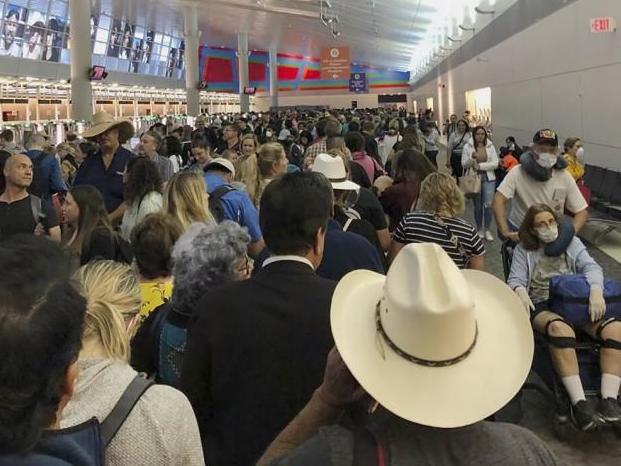Coronavirus has dealt a severe blow to the travel and tourism industry – that is why we are heading for a recession
The question is no longer whether it will come and more but how long it will last, writes Hamish McRae

The Fed has thrown everything at the crisis. Why?
The reason is that the sky has darkened. Whereas a week or 10 days ago it looked as though some countries might escape recession this summer, that is not longer so as the coronavirus outbreak spreads. The questions are how deep the recession will be and how long it will last.
The game-changer is the shutting down of most international travel and tourism. Freight will continue, though it too will take a hit. But the widespread travel bans and the closure of national borders around the world are beyond any of our experience since the Second World War. Travel and tourism together account for more than 10 per cent of GDP. Assume that travel is halved until the autumn, that will directly knock out something like 5 per cent of global GDP through the spring and summer. World growth was running at about 3 per cent a year before the coronavirus hit. So you don’t need to be a whiz at maths to work out that there will be a global recession.
Subscribe to Independent Premium to bookmark this article
Want to bookmark your favourite articles and stories to read or reference later? Start your Independent Premium subscription today.
Join our commenting forum
Join thought-provoking conversations, follow other Independent readers and see their replies